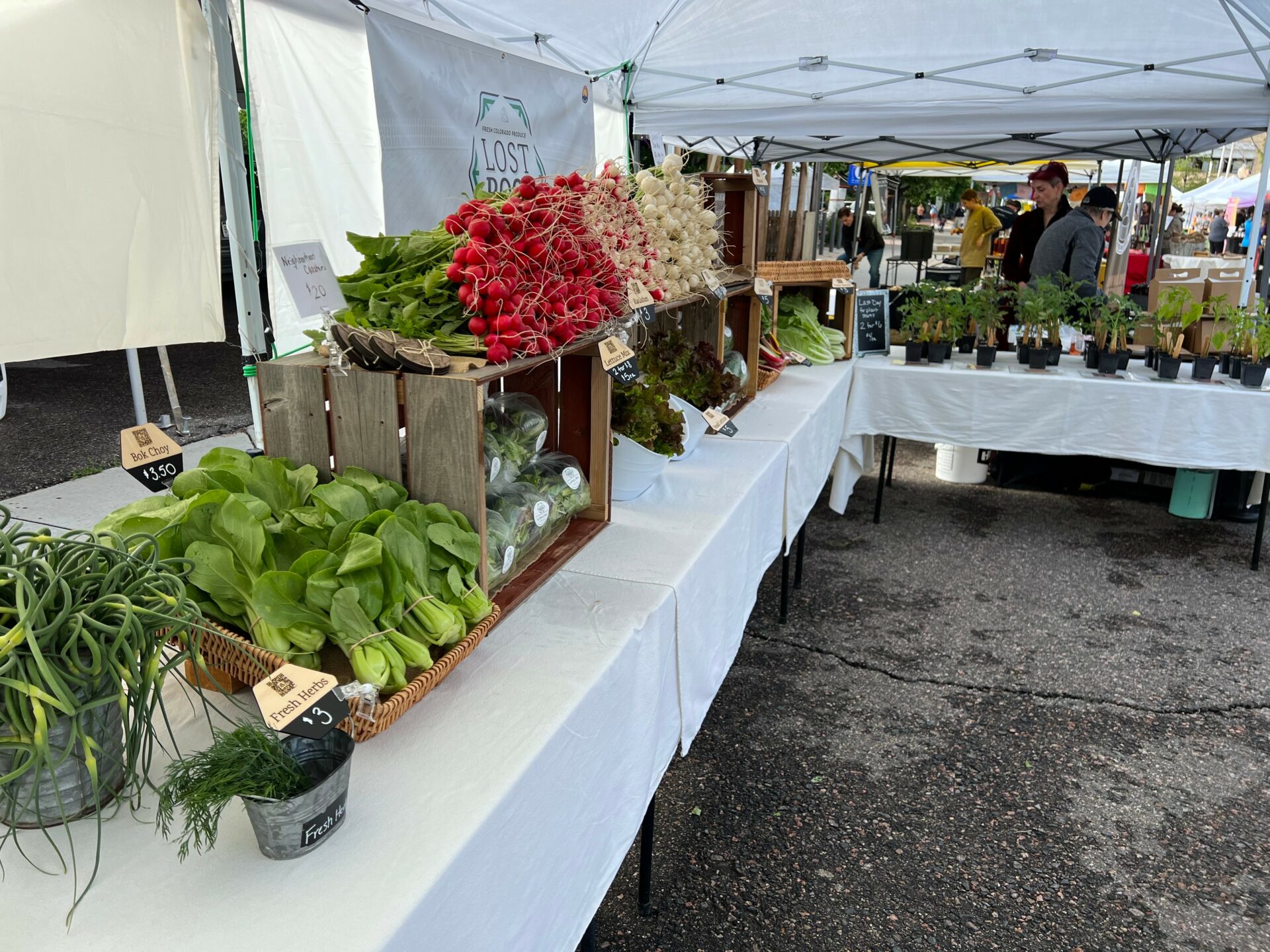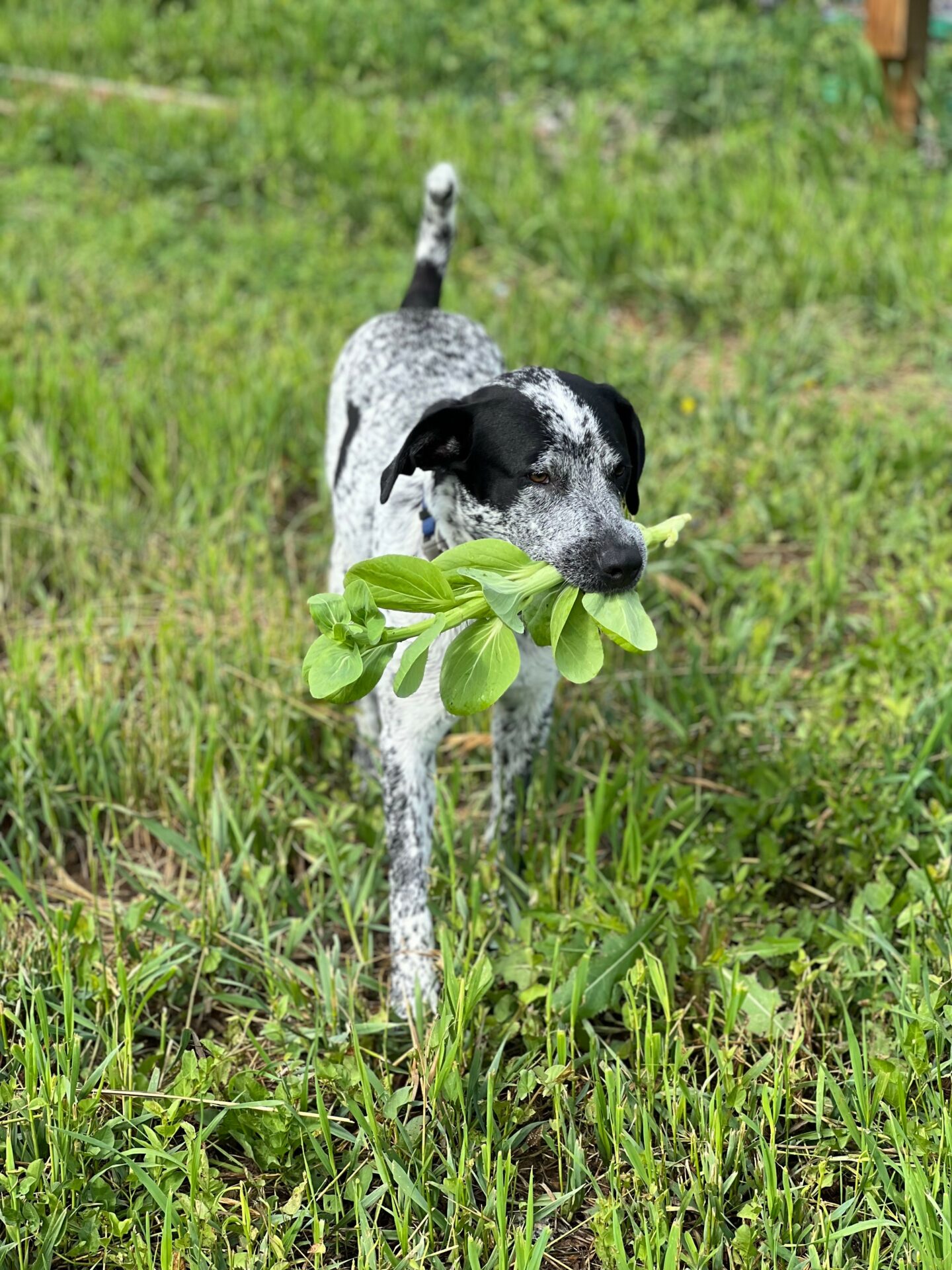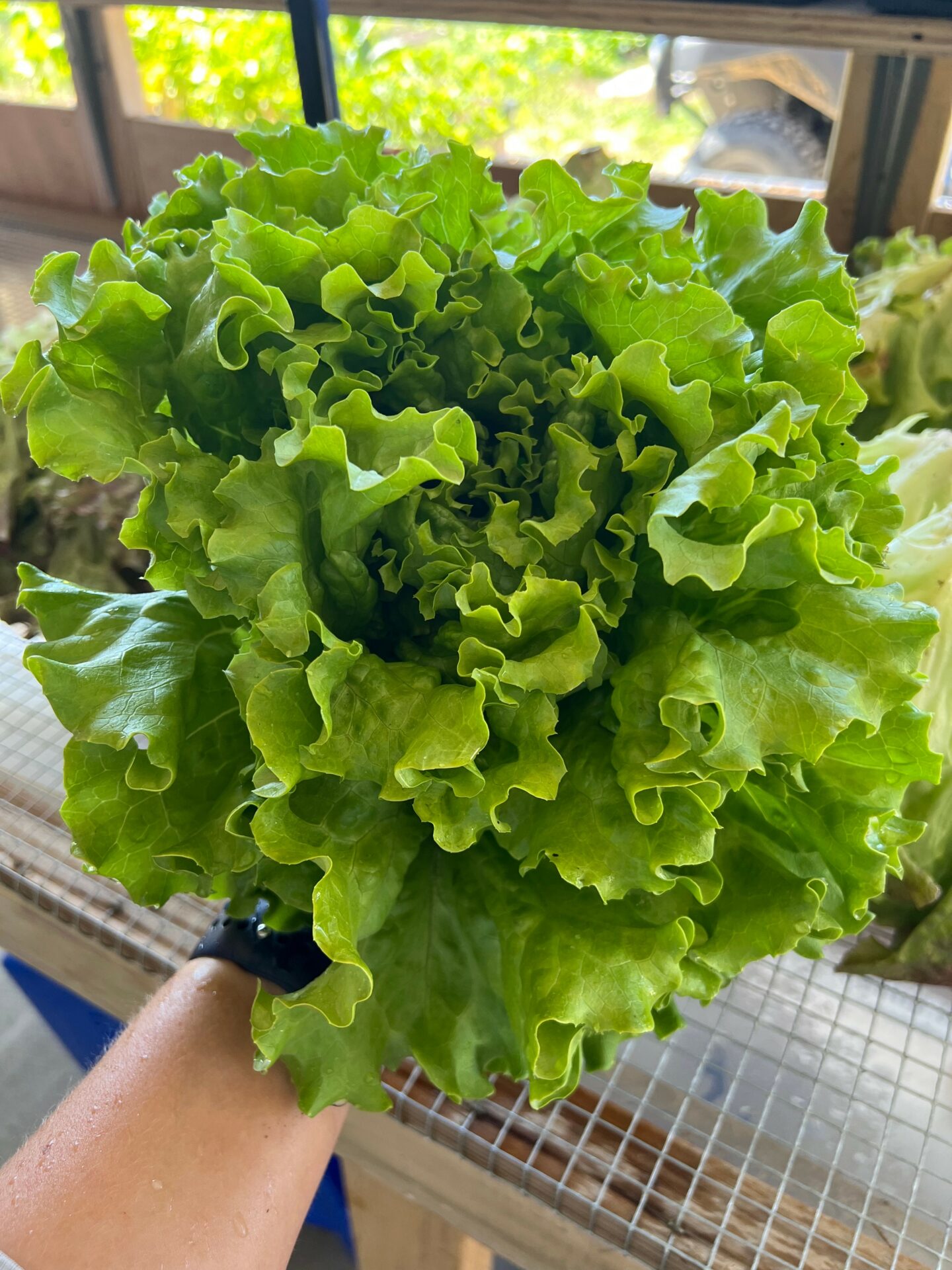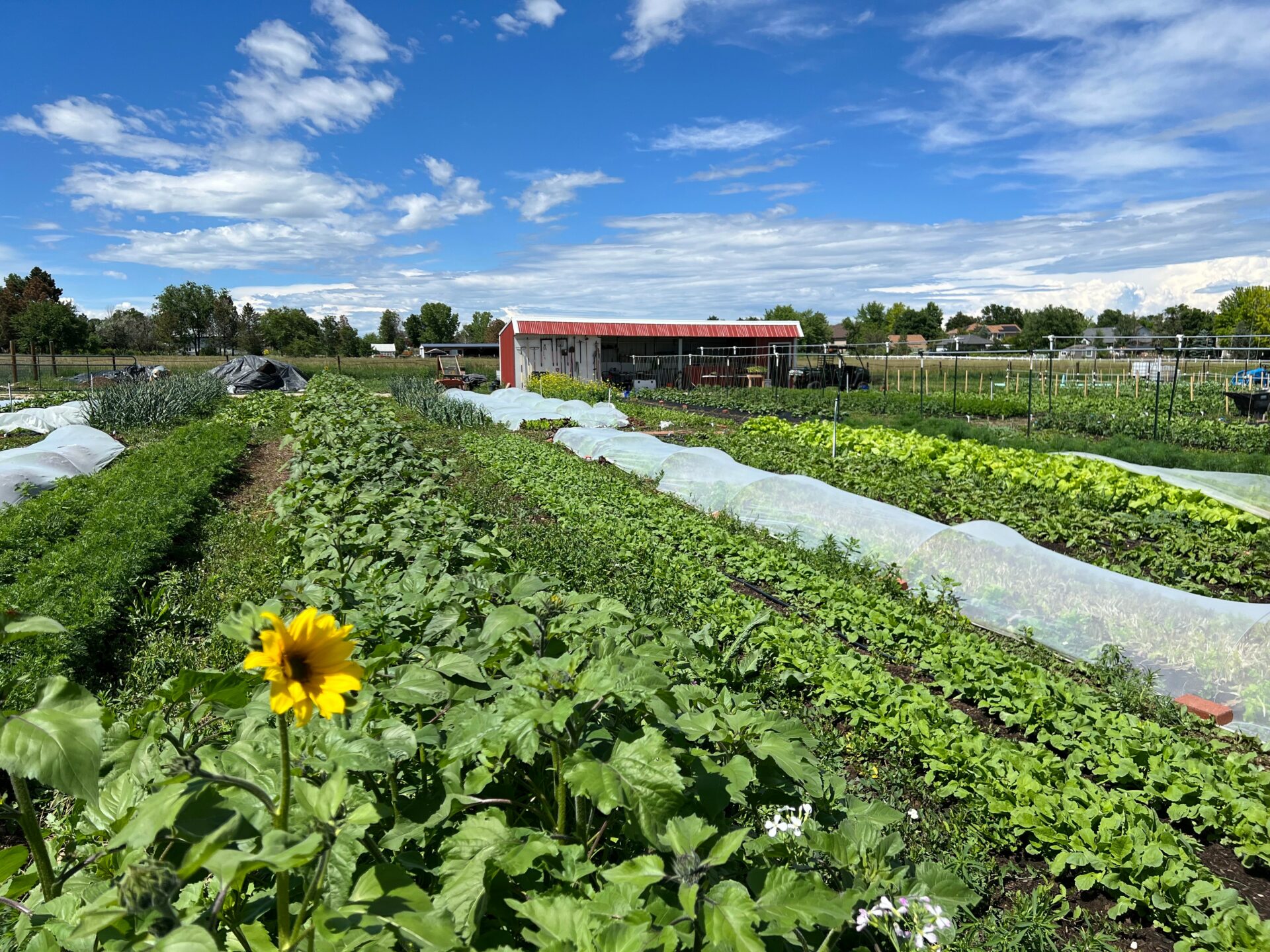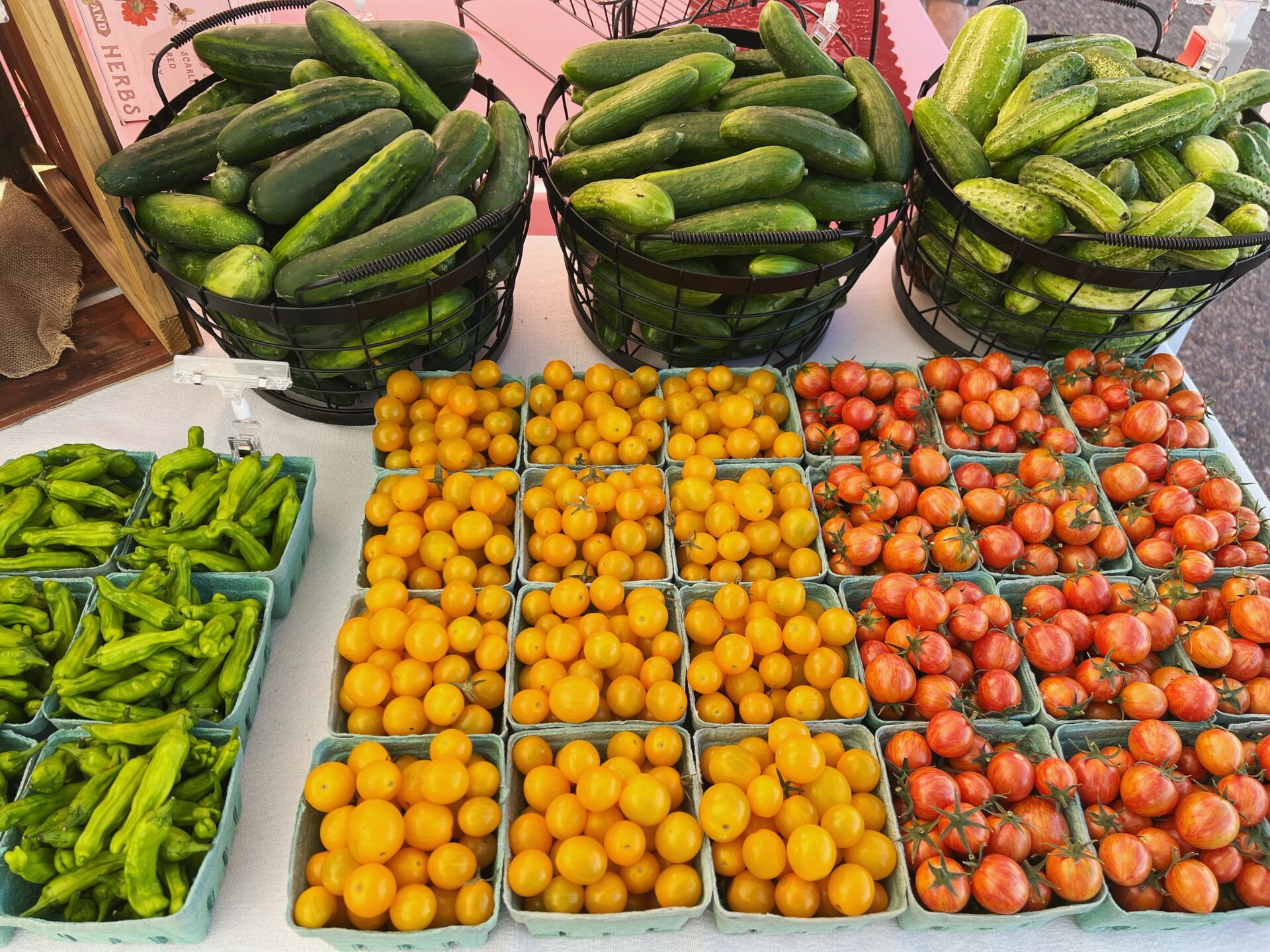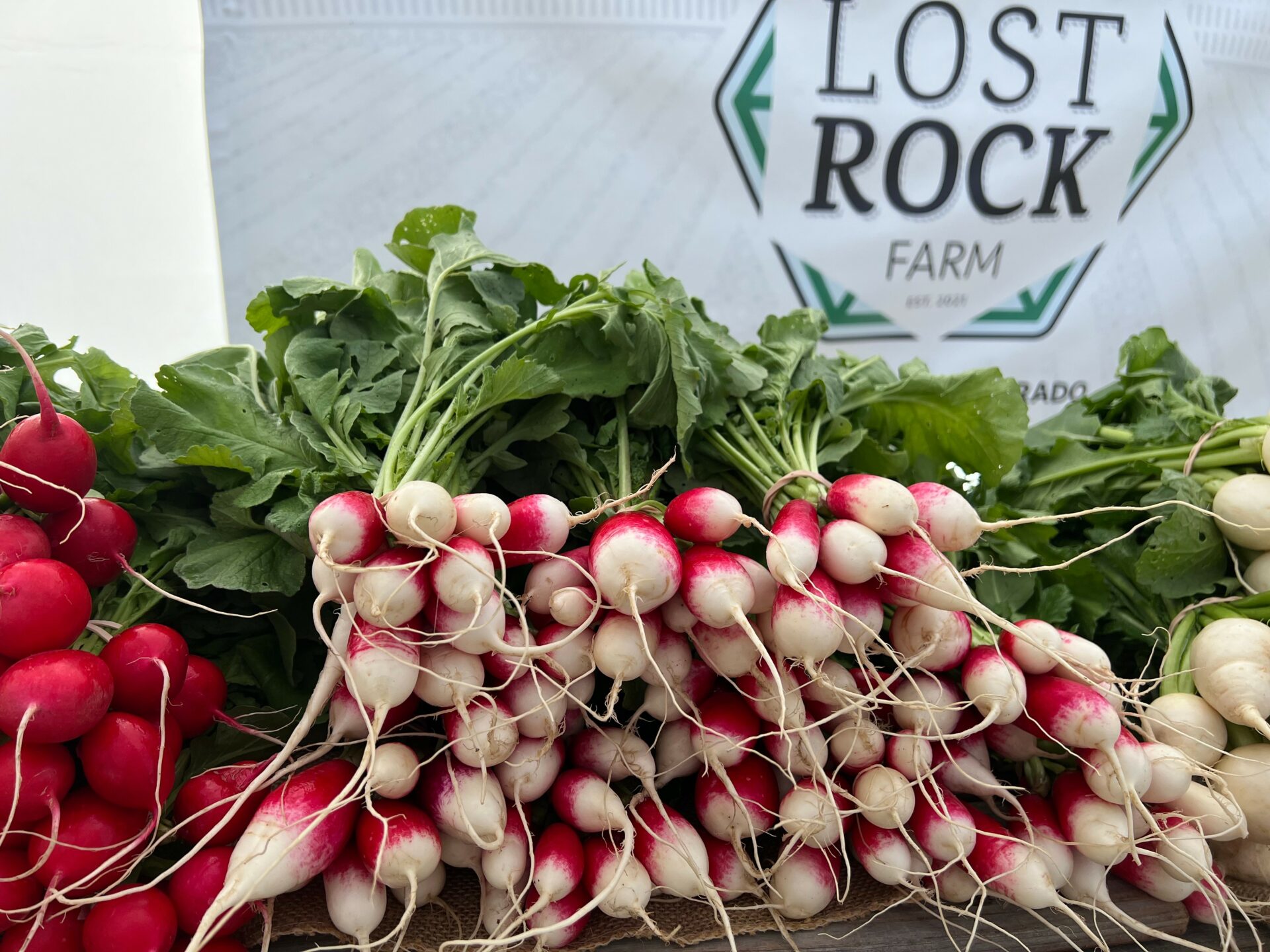We were lucky to catch up with April Stuck recently and have shared our conversation below.
Hi April, appreciate you sitting with us today to share your wisdom with our readers. So, let’s start with resilience – where do you get your resilience from?
Being a steward of the land can be a daunting task. Climate change is bringing unforeseen weather patterns and has us breaking records each year. With so much out of our control, it’s easy to get overwhelmed and feel that the task of regenerating a depleted space is insurmountable. However, each and every day I’m reminded that life is resilient. The plants and the bees and the butterflies all respond to the changing conditions and find new ways to thrive. Of course, we have to help them along at times but despite difficult conditions, they find a way. For example, some of our tomato plants have adapted to produce higher volumes during the peak of the heat in the middle of the summer when others would start pulling back. Or sometimes I’ll find the odd carrot or radish growing in a path with no access to irrigation. Working in an environment that only aims to live and live fully is what builds and replenishes my resilience. If all of these different species are finding a way to thrive, so can I.
Let’s take a small detour – maybe you can share a bit about yourself before we dive back into some of the other questions we had for you?
I own and operate a small-scale, hand tended, regenerative vegetable farm called Lost Rock Farm. All of that means that we grow quality, delicious food on a human scale and without the use of chemical pesticides, herbicides, or synthetic fertilizers. We believe that good food doesn’t have to come at the cost of damaging the environment or exposing us to unnatural ingredients. We grow over 35 different crops from greens and herbs to tomatoes and peppers.
Unlike many in the industry, I am a first generation farmer. My husband, Tony, and I were previously (and still are to some degree) working in the tech industry. In 2019, we were burnt out and needed a break. We spent the next year traveling the country in a van (during Covid) and working on farms before building the confidence to start our own. In early 2021, Lost Rock Farm was born and we’ve been building and growing ever since.
You can find us at the Louisville Farmers Market on Saturdays, on Pinemelon.com (your local grocery delivery service), through GoFarm’s farm share (if you’re in the Golden area), and directly through our website at lostrockfarm.com. We’ve started offering online ordering this year as a more flexible alternative to the traditional CSA. Order a la carte or select our mix of the week for a sampling of what’s available.
Looking back, what do you think were the three qualities, skills, or areas of knowledge that were most impactful in your journey? What advice do you have for folks who are early in their journey in terms of how they can best develop or improve on these?
As a new farmer, I didn’t have all of the direct skills from family or a full career in the industry. What I did have was a series of soft skills that I had gained in the corporate world that I knew could be valuable to starting a new business. Many of the farms we worked on lacked documentation and organization which lead to inefficiencies. Starting out, I applied my organizational skills to build a plan for the farm and have evolved it each year after. I’m also a ruthless prioritizer. The task list changes daily based on what is highest priority and let’s be honest, the weather. This has helped me to stay focused without getting distracted by all of the many, many things to be done on a farm.
Having the confidence to just get started is what has taken me this far. With so many things to learn, it’s easy to get paralyzed with how to start. The most important thing is that you just start. There is so much to learn along the way and there will be plenty of things to do differently but you’ll never know unless you start.
Do you think it’s better to go all in on our strengths or to try to be more well-rounded by investing effort on improving areas you aren’t as strong in?
Of course like many things, it depends. I can certainly see the value in diving deep into your strengths or subject areas. For me, I have benefited from a more well rounded, generalist approach. I can do a lot of different things proficiently without being an expert. This approach allows me to learn things in new areas and be more self sufficient. This saves money and time but certainly comes with risk. It’s important to know where your limits are and when to call in an expert.
Contact Info:
- Website: lostrockfarm.com
- Instagram: https://instagram.com/lostrockfarm
- Facebook: facebook.com/lostrockfarm
- Linkedin: linkedin.com/in/aprilmstuck
